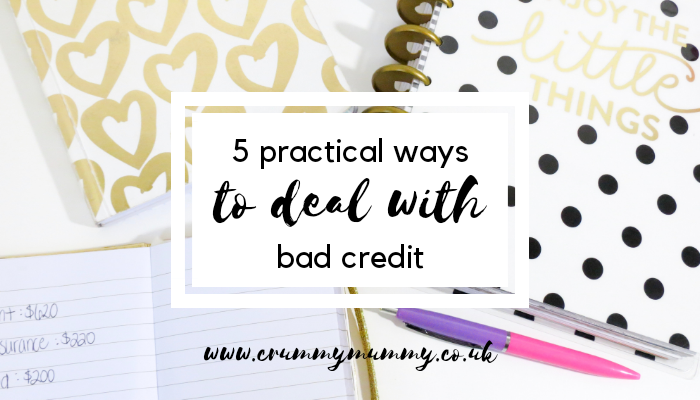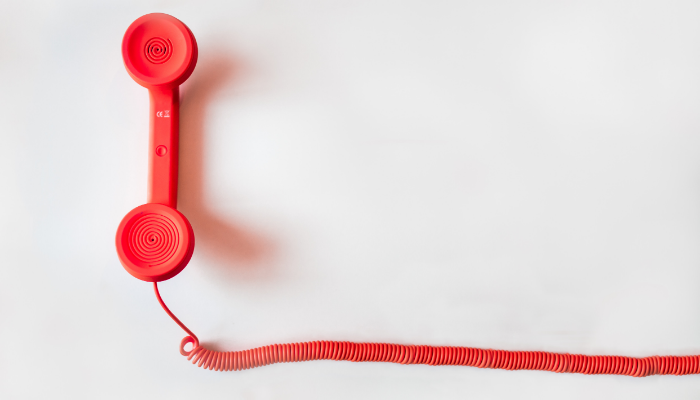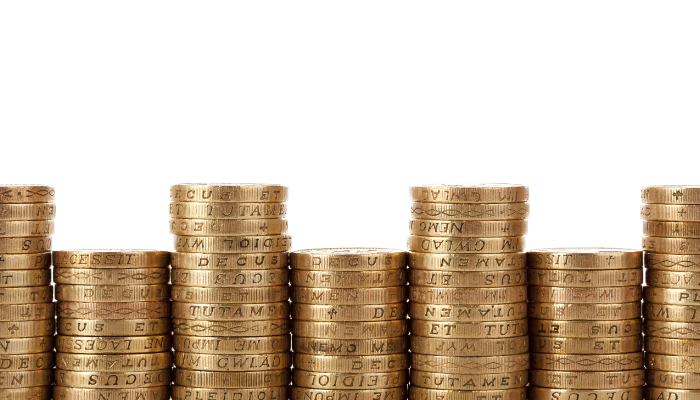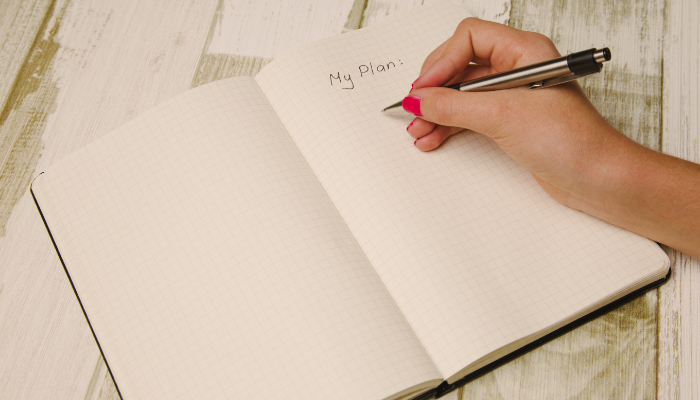Worried about having bad credit? Not sure what to do about it, or how to improve it?
Then this post is for you!
Being labelled as having ‘bad credit’ can be scary and cause a sinking feeling in the pit of your stomach. What does it mean? How will it affect your financial present and future? How worried should you be? And is there anything you can do about it?
The fact is that many people are actually in the same boat and also have bad credit, and are left worrying about what to do about it. But bad credit doesn’t have to be a death sentence in terms of your financial portfolio, and it can also act as a wake-up call.
In this collaborative post here are 5 practical ways to start turning things around.
5 practical ways to deal with bad credit
1. Remember you’re not on a naughty list. One of the biggest misconceptions people have about their credit is that ‘bad credit’ somehow gets them thrown on a blacklist. This isn’t the case at all. When you apply for a loan, each lender is going to do their own background check on you and come to their own conclusions. This also means that not every place will reject you.
2. There are still lenders who can help you in an emergency. Another issue those with bad or poor credit worry about is what to do if they need cash fast. You may have a harder time getting approved for a traditional loan, increase on your credit card, or line of credit, which is when services like Cash Lady can be useful. Cash Lady offers people small, short-term loans so that they can get the cash they need to deal with unexpected expenses or an emergency. These loans are specifically designed for those who have credit scores on the low side, and you can have fast access to cash before setting up repayment terms in which you can pay the loan back in instalments or a lump sum.
3. Improve your credit score. A poor credit rating isn’t a financial life sentence; there are ways you can turn it around and improve it. One of the first things financial experts recommend is to actually look at your credit file. You want to be sure that everything on it is accurate and up-to-date. Sometimes outdated and even incorrect information can be on your file, negatively affecting your rating.
4. Close any credit cards, store cards, and contracts that you are no longer using. Even if they are sitting there unused, they still affect your overall rating so you’re better off closing them completely.
5. Keep up with all payments, making at least the minimum payment on time. Experts will often recommend using your credit card to build credit history, but if you have poor credit it may be hard to even get a credit card. In that case a prepaid credit card can be an excellent solution.
This is a collaborative post.
If you liked this you may also enjoy reading:































Leave A Comment